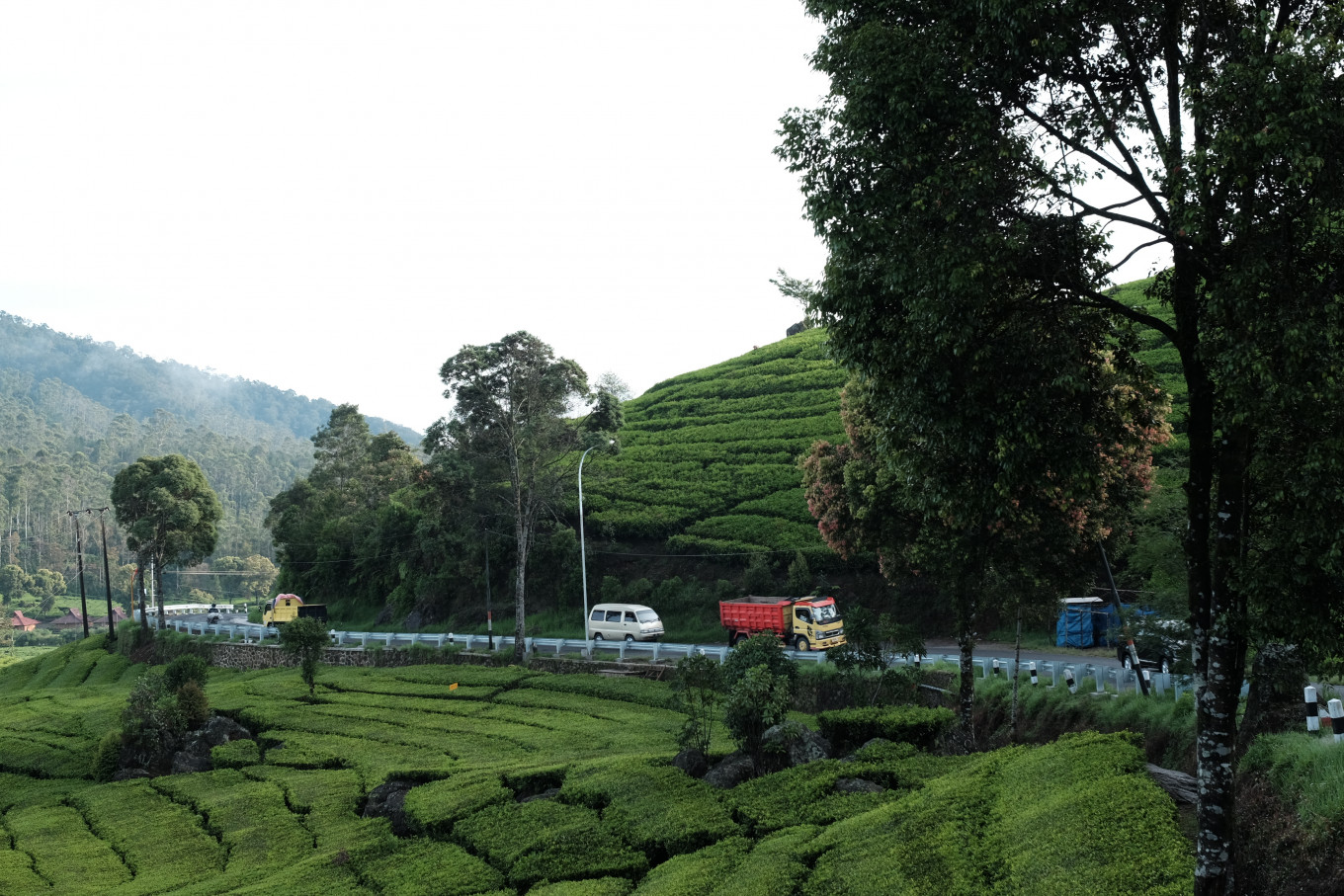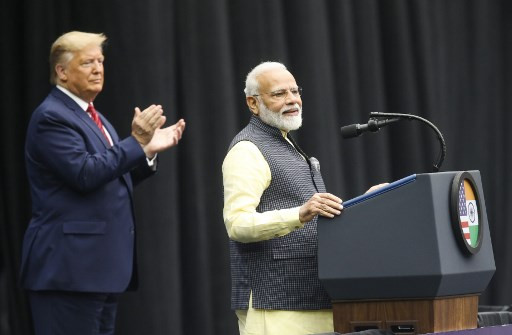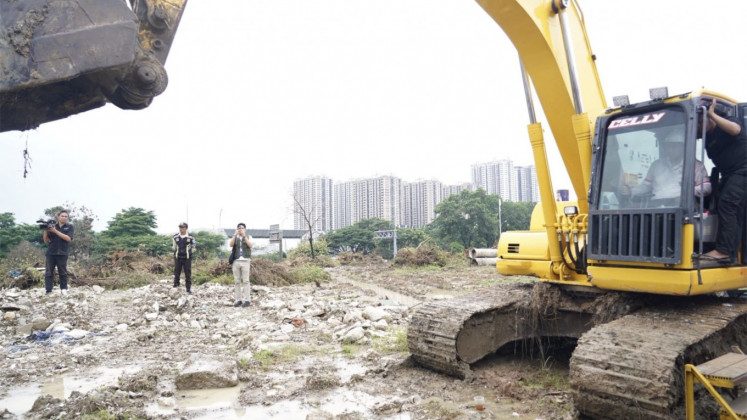Popular Reads
Top Results
Can't find what you're looking for?
View all search resultsPopular Reads
Top Results
Can't find what you're looking for?
View all search resultsHow Indonesia is using decentralization to achieve equality
Change text size
Gift Premium Articles
to Anyone
T
he Finance Ministry’s Director General of Financial Balance, Luky Alfirman, has explained that the government’s policies on regional autonomy and fiscal decentralization are tools to achieve the state’s goal of achieving equal distribution of wealth in all corners of the archipelago.
To ensure equality for all, the government has incorporated a Transfer to Regions (TKD) allocation in the State Revenue and Expenditure Budget (APBN). The regional funding allocation aims to ensure balance in fiscal and public services between the central government and regional administrations.
The TKD’s share of the state budget has continued to increase over the past decade. The TKD reached Rp 573.7 trillion (US$36.88 billion) in 2014, was increased to Rp 814.7 trillion for 2023, and is set to be increased to Rp 857.6 trillion for 2024.
The TKD should be used toward seven objectives: 1) to increase the synergy of central and regional fiscal policies and the harmonization of central and regional spending; 2) to improve the quality of TKD management; 3) to strengthen the use of the TKD in priority sectors; 4) to increase the effectiveness and optimize the use of the TKD to support the goals of national programs; 5) to issue simple, integrated and synchronized guidelines and regulations before the start of the fiscal year; 6) to increase policy harmonization and TKD allocations to overcome stunting, poverty, inflation and investment; and 7) to encourage local administrations to use the TKD for productive activities with a high multiplier effect.
Moreover, the TKD funds should also be used to support the salaries of employees of regional administrations with work agreements (PPPK) and civil servant (ASN) status to improve public services, support quality education and reduce extreme poverty and stunting in the regions.
"Regarding the eradication of extreme poverty, this will not be achieved if we only rely on central government programs. There needs to be program support from the [lowest level], namely the village administrations. As such, the harmonization of central and regional fiscal policies is very important," Luky explained.
In the 2024 State Budget, the TKD is further divided into seven subitems.
Luky said the addition of the DBH aimed to reduce vertical imbalance by providing the fund to producing regions, as well as to regions with direct borders and to regions within a single province. (memberikan DBH kepada daerah penghasil, pengolah, daerah lain yang berbatasan langsung, dan daerah dalam satu provinsi.)
Meanwhile, the General Allocation Fund aimed to increase equality of public services and financial capacities between regions, including support for regional payrolls. The Special Allocation Fund aimed to improve priority services in the regions, including public infrastructure and operational services.
It was also hoped that the reward scheme for regional administrations, given in the form of fiscal incentives from the central government, would encourage the implementation of equitable development programs.
"With this reward mechanism, regional administrations will be motivated to improve the quality of regional spending, not only through but also by creating work programs with results that can be directly felt by regional communities," Luky said.
Source: Finance Ministry










